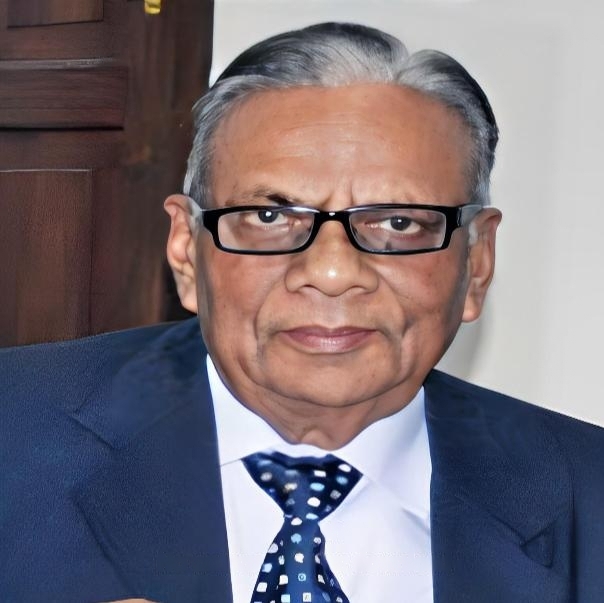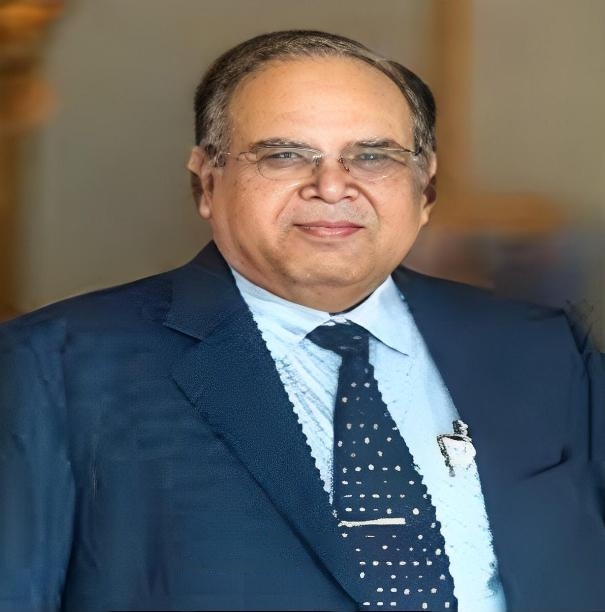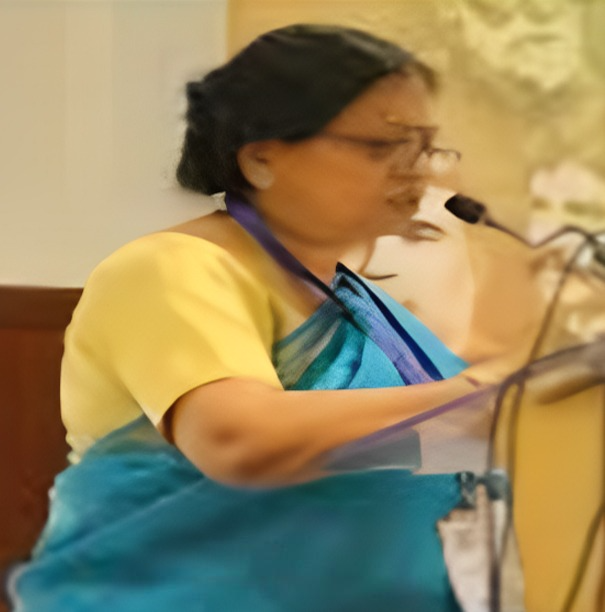From the Editor’s Desk

Professor C P Khare,Founder President Society for New Age Herbals. He is herbal drug research consultant to a major herbal pharmaceutical company for the last twenty-fiveyears. As founder President of the Society for New Age Herbals, he sought the cooperation and participation of physicians of modern as well as traditional medicines, pharmacologists and scientists to modify, restructure and reassess the age-old herbal formulations in the context of ongoing experimental and clinical research, and to promote evidence-based herbal medicine in India.

Chandra Kant Katiyar, President Society for New Age Herbals. has many years of experience in clinical trials on traditional drugs as well as synthetic molecules, expertise in Pharmacological studies and Toxicological evaluation of herbal drugs, development of quality standards and Pharmacopeial monographs of herbal raw materials for Indian Pharmacopeia and United States Pharmacopeia, contributed in Intellectual Property Right protection of traditional medicines in India. He is Initiated the development of Phytopharmaceutical a new class of drug in India.

Dr Neeraj Tandon, Chairman EC, Society for New Age Herbals, New Delhi. Currently she is Head, Division of Medicinal Plants & Publication and Information. She leads ICMR’s publications and collaborations for better health research. She has more than 40 years of experience. She has published more than 50 research and review papers in reputed national and internal journals. She is WHO fellow on Medicinal Plants information system at the Department of Medicinal Chemistry College of Pharmacy, University of Illinois, Chicago, USA.
Vision: The Society of New Age Herbals leading academic research center in the field of natural product research. Employing a multi-disciplinary approach to develops new technologies that are used to identify natural products, to characterize their function and exploit their action mechanism in order to elucidate cellular processes.
Mission: The Society of New Age Herbals was founded in as a society national and international in scope dedicated to the promotion, growth, and development of Phytopharmaceuticals and all aspects of natural products sciences.
Objective: Society wants to strengthen the research and educational base of herbal medicine with research papers in the form of original research articles and reviews, monographs, clinical trials and relevant in vitro studies. It also publishes opinion pieces, book reviews, conference proceedings and profession related information.
• Traditional medicine, ethnopharmacology and western herbal medicine
• Herbal therapeutics, phytomedicine and herbal preparations
• Medicinal plants in healthcare, clinical trials and pilot studies
• Biological and pharmacological effects of plant extracts
• Medicinal plants and their impact on disease and disorders.
Herbalism and modern world
Herbal medicines have been widely utilized as effective remedies for the prevention and treatment of multiple health conditions, from centuries by almost every known culture. The first documented records of herbal medicine use date back 5,000 years in China. Similarly, India’s Ayurvedic medicine tradition is thought to be more than 5,000 years old and herbal medicines remain an essential component of its practice. Today, the populations of certain countries still depend on herbal medicines to address their healthcare needs. In United States of America, the use of herbal medicines continues to grow faster with the first national study of complementary and alternative medicine. According to the World Health Organization, 80% of the world’s populations are using herbs for basic healthcare needs. Since the dawn of mankind, in fact, the use of herbs/plants has offered an effective medicine for the treatment of illnesses. Moreover, many conventional or pharmaceutical drugs are derived directly from both nature and traditional remedies distributed around the world. Up to now, the practice of herbal medicine entails the use of more than 53,000 species, and a number of these are facing the threat of extinction due to overexploitation. Nowadays, many practitioners of “conventional” medicine do not hesitate to recommend herbal products or alternative medicinal therapy to their patients for the effective treatment of certain diseases.
Significance
Natural products play huge role in large population throughout the world. To strengthen this argument, several well-known modern drugs are exemplified herein. For example, the most effective antibiotics (penicillin, streptomycin or cephalosporin) are all-natural resource chemical products and drugs worldwide. Moreover, many natural products and drugs are widely utilized as anti-diabetic agents and different types of anti-cancer drugs worldwide. In addition, digitoxin (a natural chemical drug) is used against fatal heart symptoms. These kinds of drugs play key roles in the treatment of many diseases and face new challenge for the generations to come.
Future direction
Research on herbal medicine will translate eastern therapeutic measures into western medical paradigms. Currently, most people in Asian subcontinent believe that natural herbs have no toxicity. This view has no scientific basis. But many natural chemotherapeutic agents generally show less toxicities comparing with synthetic chemical agents at the same therapeutic ranges. It appears that nature is the greatest medicinal chemist in this planet. Though, herbal medicine needs to establish for high-quality and wider-range drug development and clinical applications. Therefore, the society’s top priority is to integrate preclinical, clinical studies, western and traditional medical practices to achieve the goal.
Current research in AYUSH and Herbals
Research and Development in the field of AYUSH system in different areas such as drug development including quality assurance, pre-clinical safety evaluation and Clinical Research are being conducted at different levels such as Research Council under AYUSH, Academic institutions (both AYUSH and non AYUSH institutes such as Pharmaceutical college, Medical Colleges, Universities etc.), other Research organizations such as ICMR, DRDO, ICAR, CSIR etc. Further, research support is also being extended through grant under Extra Mural Research (EMR) vide Ministry of, DST, DBT, ICMR AYUSH government of India in the area of Indian medicine as well as other traditional medicine. AYUSH practice is a hot topic for clinician, student of Ayurveda medicine, planners, patient and public in large. Ayurveda is the science of life defines the trinity of life as body, mind and spiritual awareness which are associated with health and illness of human body. In the current scenario, use of AYUSH and herbal medicine has expanded globally and is continued to be used for primary health care of the poor in Asian, African, European and other developed and developing countries.
One of the main thrust areas of the AYUSH is to develop quality standards of single and compoundformulations and Standard Operating Procedures (SOP) through academic and research institutions. The aim of standardization is to scientificallyvalidate the quality and safety of single drugs of herbal, mineral/ metal and animal origin, and alsocompound formulations as per API guidelines. For this purpose some of the important parametersincorporated in the format are TLC/ HPTLC finger printing profile, determination of microbialload, heavy/toxic metals, pesticide residue, aflatoxins etc. besides physicochemical parameters.The AYUSH are also working to generate data on standardization, development of SOPs and physicochemical analysis of herbal drugs. Other than that testing offormulation for quality control for the drug used for clinical trial/OPD has also being performedregularly.
